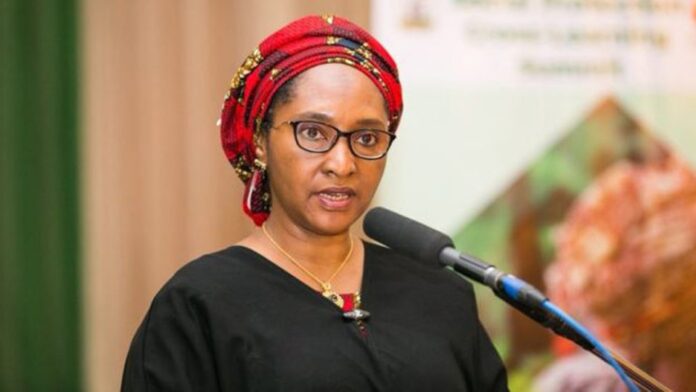By Jeph Ajobaju, Chief Copy Editor
Nigeria had $9.68 billion capital inflows in 2020, the lowest in four years, and 73 per cent of the sum was handled by only four foreign-owned banks in the country – Standard Chartered Bank, Stanbic IBTC, Citibank, and Rand Merchant Bank.
The latest report by the National Bureau of Statistics (NBS) shows that $9.68 billion is a decline of 59.6 per cent from $23.99 billion in 2019 and 42.4 per cent from $16.81 billion in 2018.
Nairametrics added that the last time Nigeria recorded foreign capital inflows less than $9 billion was 2016 when it garnered $5.12 billion.
The largest inflows by type in 2020 was received through Portfolio Investment ($5.14 billion) or 53.1 per cent of the total, followed by Other Investments ($3.51 billion or 36.3 per cent),
The banking sector received $3.75 billion or 38.75 per cent of total inflows.
Inflows by type
Nigeria’s capital importation is categorised into three investment types: Portfolio Investment, Foreign Direct Investment (FDI), and Other Investments.
Portfolio Investment (FPI)
This formed the highest type of capital investment with a total $5.14 billion or 53.1 per cent.
A total $4.15 billion was received through money market instruments, $755.1 million (equity), and $231 million (bond investments).
Other Investments
A total $3.51 billion was received in form of Other Investments or 36.3 per cent of total inflows.
Up to $2.58 billion was received through loans, $934.6 million (other claims), $820,000 (currency deposits), and $50,000 (trade credits).
Foreign Direct Investment (FDI)
FDI is an investment in form of a controlling ownership in a business in one country by an entity based in another country.
FDI accounted for 10.6 per cent of total inflows, equity ($1.03 billion), and other capital ($2.95 million).
Inflows by sector
Three sectors had positive growth in the value of inflows, 17 sectors recorded a decline, one remain unchanged.
The banking sector recorded the highest inflows with $3.75 billion or 38.75 per cent of total inflows, financing ($1.89 billion), shares ($1.85 billion).
Production sector received $913.88 million and Telecomms $417.48 million.
Inflows by origin
The United Kingdom was the biggest source of capital inflows ($3.74 billion), followed by The Netherlands ($890.58 million), South Africa ($875.89 million), United Arab Emirates ($754.29 million), and the United States ($615.89 million).
Top bank receivers
The capital importation report for the fourth quarter of 2020 (Q4 2020) by the NBS shows that the four foreign-owned banks in Nigeria received $7.04 billion of the $9.68 billion, representing 73 per cent.
Standard Chartered Bank (SCB) tops the list ($2.54 billion), followed by Stanbic IBTC ($2.17 billion), Citibank ($1.51 billion), and Rand Merchant Bank ($822 million).
Nairametrics recalls that the same four banks received $16.66 billion of the $23.98 billion capital inflows in 2019 or 69 per cent.
Other highlights
· Inflows slashed 60 per cent, from $23.98 billion in 2019 to $9.68 billion in 2020.
· In 2019, Stanbic IBTC topped the list of handlers ($8.63 billion), followed by Rand Merchant Bank ($2.93 billion), SCB ($2.82 billion), Citibank ($2.28 billion).
· The top five banks in 2020 – the four foreign-owned banks and First Bank – received $7.98 billion (82 per cent). Other 22 local banks received $1.70 billion (18 percent)
· In 2019, the top five banks – the four foreign-owned banks and Access Bank – received $18.46 billion (77 per cent). Other 22 local banks received $5.52 billion (23 per cent).
Huge amounts of capital importation are consistently received through the four foreign-owned banks, rendering negligible the sum handled by the entire 23 local banks.
Foreign investors routing funds through the foreign-owned banks may be related to the confidence and trust they have in those banks.
The Central Bank of Nigeria (CBN) may have to spearhead efforts with others stakeholders to create a better image for local banks in the minds of foreign investors.














